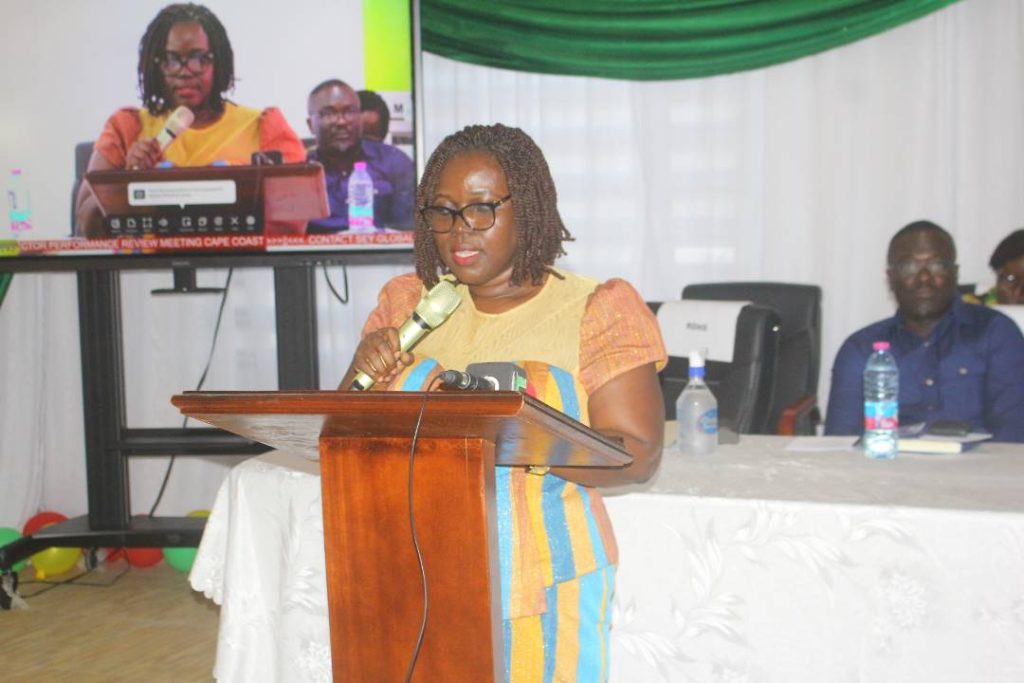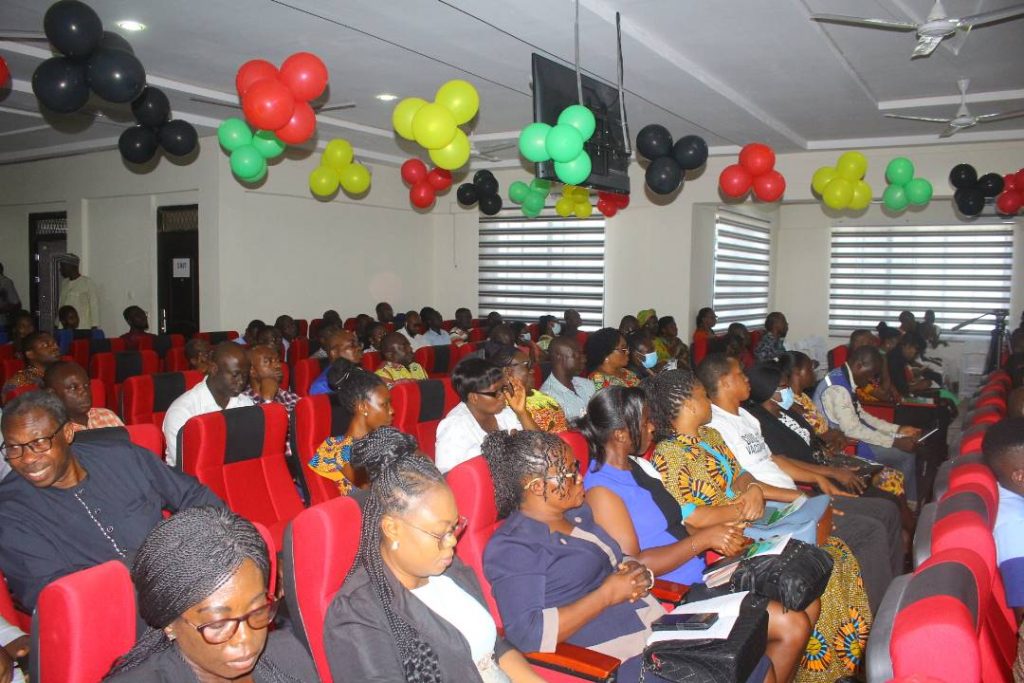By Prince Acquah
Cape Coast, March 24, GNA –The immediate past Central Regional Minister, Mr Kwamena Duncan, has launched a book on the emergence of the COVID-19 pandemic in the Central Region and the response efforts by its health system.
The book, titled; “Journeying Through a Pandemic: Experiences in Ghana’s Fanteland: The First Wave of Covid-19”, was launched at the 2022 Central Regional Health Sector Performance Review Meeting in Cape Coast on Thursday.
It was authored by three top health officials, with Dr Akosua Agyeiwaa Owusu-Sarpong, the Central Regional Health Director, as the main author.
The co- authors are Dr Godfred Kwabena Sarpong, the Deputy Director, Public Health, and Mr Emmanuel Maliwu Taadi, Deputy Regional Director, Administration and Support Services.

The book has 10 chapters and 107 pages, taking readers through the major events and drama that unfolded during the pandemic and the strategies adopted to contain the virus.
Among other things, it highlights the destruction of economies by the pandemic, health systems and socio-cultural dimensions of Ghana and other countries.
While chapter one narrates how the COVID-19 started in China and eventually hit Ghana, chapter two talks about the preparations of the Central Region against the pandemic, the first suspected case in a foreign student in the University of Cape Coast (UCC) and how it was handled.
In chapter three the Health Directorate, with support from the then Regional Minister, Mr Duncan, and all Metropolitan, Municipal and District Chief Executives (MMDCEs), instituted a response system.
The drama, fear and stigma with the virus are aptly captured in the subsequent chapters.
They capture the initial closure of Ghana’s borders, identifying returnees from other countries to the region for testing, isolation of contacts to designated facilities, among other activities.
These chapters recall how logistics and resources were mobilised, the challenges characterising the testing regime, and uproar in the media.
They revisit how the President slowly eased some of the Covid-19 restrictions to allow senior high students back to school and the anxiety and backlash it received, management of positive cases, and preparations by health institutions in the region among others.
The book is a good reference material for the Ghanaian health sector, academia and the public to understand the relationship between the health sector and the community.
“I can say that the efforts, the energy, the resources and the time we put in producing the book was indeed worth it,” Dr Owusu-Sarpong said.
“It will also positively project the Central Regional Health Service to the global community.”
Dr Tina Ampofo Tawiah of the Ghana Institute of Management and Public Administration (GIMPA), who reviewed the book, noted that the language was simple and easy to comprehend.

It is a reflection of what had happened, the situation now and the new direction of the health sector.
It sourced information from primary and secondary data including field experiences and addresses by President Nana Addo Dankwa Akufo-Addo.
Dr Tawiah said a well-developed health security system was the backbone of a strong infrastructure of every country and the book highlighted that.
“The pandemic journey cannot be completed alone. We need each other’s support to surmount the challenges that the country will be confronted with.”
Mr Duncan, credited with encouraging the writing of the book, commended the health director and the co-authors for documenting the experiences of the region.
“There is a special joy in my heart,” he said, and urged the Health Director to stay committed to service delivery to the region and the country at large.
GNA